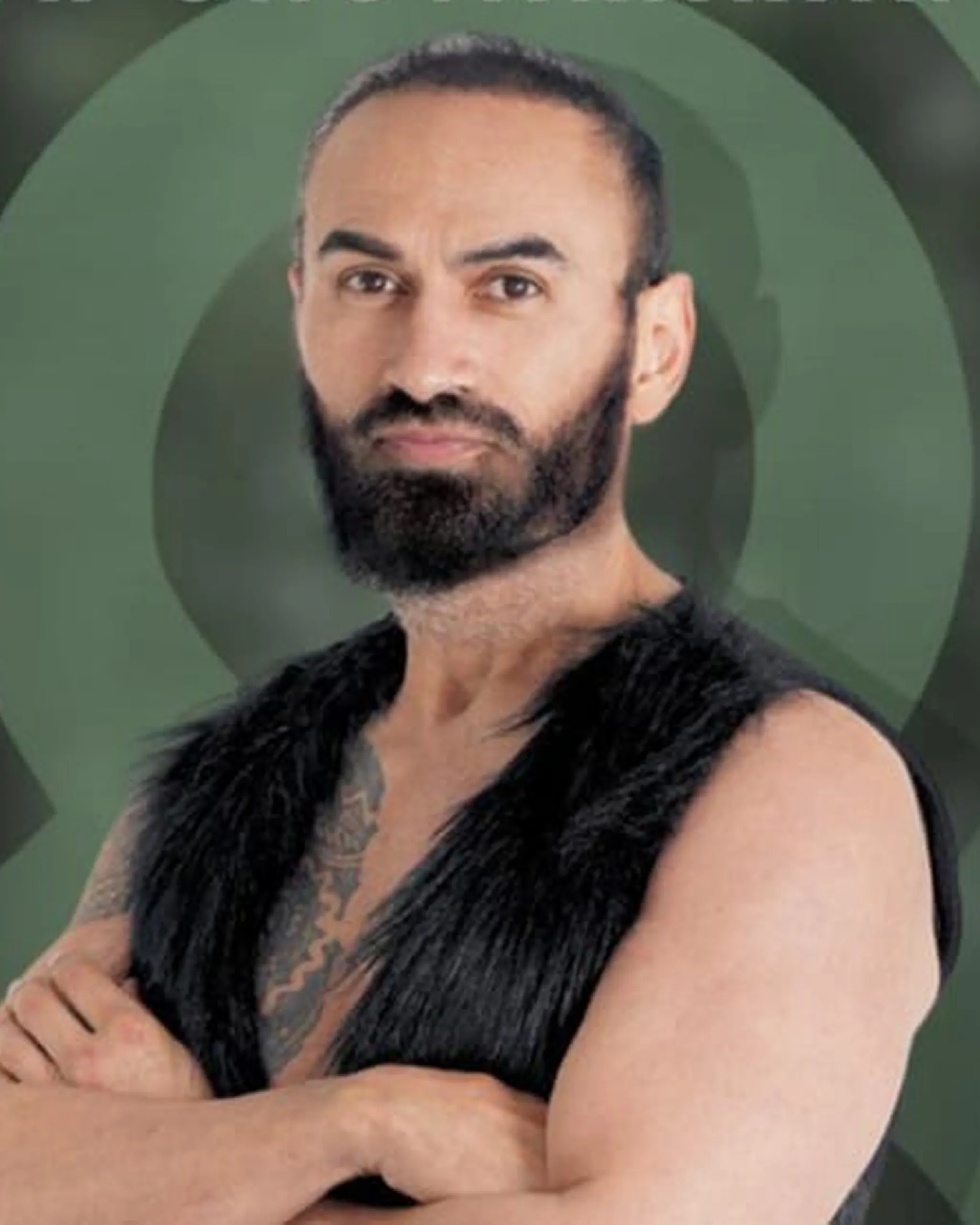Across the world, communities are grappling with rising rates of stress, depression, anxiety, and disconnection. In Aotearoa New Zealand, Māori carry the additional burden of intergenerational trauma from colonisation, including the systematic dismantling of practices that once sustained balance, health, and resilience. The impact has been profound: Māori suicide rates are consistently more than double those of non-Māori, particularly among rangatahi (youth). Studies show Māori are also overrepresented in hospitalisations for mental distress, substance misuse, and stress-related illness. These outcomes reflect not only material disadvantage but also the deep wounds of cultural loss.
The Need for Solutions
Modern health systems often treat symptoms rather than causes. What is missing is a model that addresses the whole person – body, mind, and spirit – and reconnects people to their sense of belonging. International research shows that Indigenous approaches to healing, when embedded in culture and identity, lead to stronger outcomes than clinical interventions alone. Umutakarangi Timoti Pahi offers exactly that through Rongomamau, a traditional Māori martial and wellbeing art that builds resilience, calm, and dignity.
The Suppression and Survival of Rongomamau
Rongomamau was once taught in schools across many Māori communities, a living practice that combined physical discipline with traditional healing, ethics, and spirituality. With colonisation, these schools were shut down by Pākehā (European settlers), and Māori knowledge was deliberately undermined. In the early 1900s, the New Zealand government passed the Tohunga Suppression Act, which outlawed traditional Māori healing practices in favour of Western medicine. Rongomamau, like many cultural treasures, was forced underground.
It survived only in secret. One of the last known masters, Papa Delamere, carried the practice through these years of suppression, refusing to see it diluted or misused. He had resolved that the art would die with him. Yet, on meeting a young Timoti Pahi, he recognised a vessel capable of carrying the knowledge forward with integrity. From that moment, Papa Delamere passed the teachings of Rongomamau to Timoti. Today, Umutakarangi Timoti Pahi stands as the last living practitioner entrusted with this knowledge.
A Model for Today
Rongomamau is not only a martial art. It is a system of personal power, balance, and sacred reciprocity. Through movement, breathwork, ritual, and an ethical code, it teaches people how to regulate emotions, stand strong in adversity, and reconnect with both nature and whakapapa (ancestry). These lessons are deeply relevant to modern life – whether in managing workplace stress, addressing youth mental health, or building stronger, more cohesive communities.
Evidence and Impact
Participants in Umutakarangi’s wānanga (learning gatherings) consistently report increased resilience, confidence, and mental clarity. They describe a renewed connection to self and to cultural identity, outcomes echoed in international studies on Indigenous health, which confirm that cultural reconnection reduces depression, improves self-esteem, and supports long-term wellbeing. The World Health Organization has recognised that Indigenous models of care, rooted in culture and spirituality, provide effective pathways to healing where conventional systems fall short.
International audiences are taking notice. Timoti has been invited to speak globally about how Indigenous knowledge can enrich modern mental health solutions. His large and growing online community reflects the resonance of his teachings across cultures. He regularly shares insights that bridge ancestral wisdom with today’s challenges, positioning Rongomamau as both a treasure of Māori heritage and a timely response to a world in crisis.
Looking Ahead
Rongomamau is both ancient and modern. Its survival through colonisation is extraordinary; its relevance to today’s mental health challenges is undeniable. Timoti’s mission is to ensure that this knowledge is not only preserved, but shared responsibly to help communities worldwide reclaim strength, dignity, and balance.
“My vision is to reach one million people worldwide with Rongomamau. To achieve this, we are developing trainer pathways and a pedagogy to ensure Rongomamau lives long beyond me as Umutakarangi.
There is urgency. There is so much to do, and we cannot do it alone. Our greatest support will come from businesses, iwi, and community leaders who invite Rongomamau into their workplaces, sponsor wāhine through training, and stand with us in developing the next generation of trainers.
I invite you to come to a wānanga, bring Rongomamau into your conference, or follow us on our website and social media. Together, we can ensure Rongomamau thrives, and that this taonga continues to restore strength, balance, and wairua for generations to come.
When we are connected to our roots and our spirit, we remember who we are. From that place, true healing becomes possible.”
